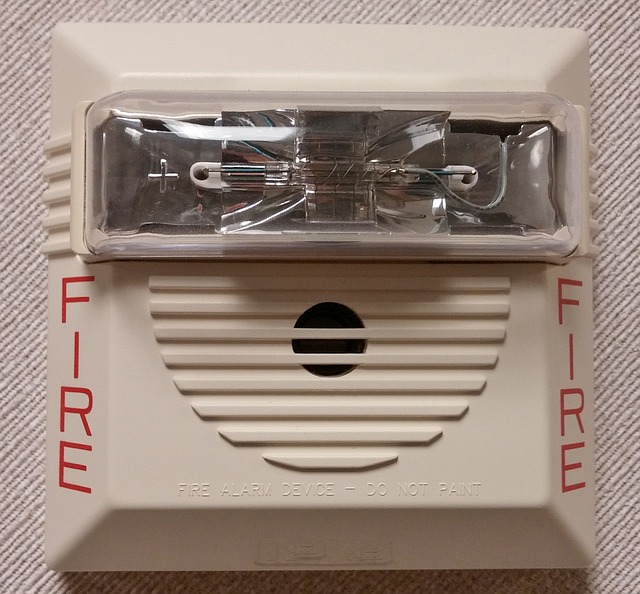Fire alarm systems play a critical role in protecting lives and property against the devastating effects of fires. With advancements in smart technology, fire alarm systems have undergone a significant transformation, enhancing their capabilities and revolutionizing the way we detect and respond to fire emergencies. In this article, we will explore key ways in which smart technology is revolutionizing fire alarm systems. If you are a property owner and your building’s fire alarm system is not operating, Fire Watch Security offers vigilant monitoring to mitigate potential risks and ensure the safety of your premises.
Early Detection and Improved Accuracy
 Smart technology has significantly improved the detection capabilities of fire alarm systems. Traditional systems rely on standard smoke and heat detectors placed at fixed locations. However, smart fire alarm systems utilize advanced sensors, including flame detectors, air sampling detectors, and multi-criteria detectors, which use different technologies for early and accurate fire detection.
Smart technology has significantly improved the detection capabilities of fire alarm systems. Traditional systems rely on standard smoke and heat detectors placed at fixed locations. However, smart fire alarm systems utilize advanced sensors, including flame detectors, air sampling detectors, and multi-criteria detectors, which use different technologies for early and accurate fire detection.
These sensors can analyze various parameters such as smoke density, temperature changes, and gas emissions, providing a more precise understanding of potential fire hazards.
Real-Time Monitoring and Notifications
One of the significant advantages of smart fire alarm systems is their ability to provide real-time monitoring and notifications. Connected to a centralized control panel, these systems allow for remote monitoring of multiple buildings or locations from a single console. Through cloud-based platforms or mobile applications, facility managers or fire professionals can receive instant alerts and notifications about potential fire incidents, even when they are off-site.
Integration With Building Automation Systems
Smart fire alarm systems can seamlessly integrate with building automation systems, creating a comprehensive network for enhanced safety management. By integrating with other building systems such as HVAC, access control, and security, smart fire alarm systems can share data and coordinate responses in real-time. For example, when a fire is detected, the system can automatically trigger HVAC shutdown, unlock emergency exit doors, and activate security cameras to assist emergency responders.
Predictive Maintenance and Self-Diagnosis
 Smart fire alarm systems utilize self-diagnostic capabilities and predictive maintenance features to ensure optimal performance. These systems continuously monitor their health and functionality, detecting faults or malfunctions in real-time. Facility managers or technicians receive instant notifications about any issues and can take proactive measures to rectify the problems before they compromise system integrity. Smart technology has revolutionized fire alarm systems, enhancing their capabilities to detect fires early, provide real-time monitoring and notifications, integrate with building automation systems, and enable predictive maintenance. These advancements not only improve the effectiveness and reliability of fire alarm systems but also enhance overall safety by facilitating faster response times, reducing false alarms, and optimizing emergency management.
Smart fire alarm systems utilize self-diagnostic capabilities and predictive maintenance features to ensure optimal performance. These systems continuously monitor their health and functionality, detecting faults or malfunctions in real-time. Facility managers or technicians receive instant notifications about any issues and can take proactive measures to rectify the problems before they compromise system integrity. Smart technology has revolutionized fire alarm systems, enhancing their capabilities to detect fires early, provide real-time monitoring and notifications, integrate with building automation systems, and enable predictive maintenance. These advancements not only improve the effectiveness and reliability of fire alarm systems but also enhance overall safety by facilitating faster response times, reducing false alarms, and optimizing emergency management.





